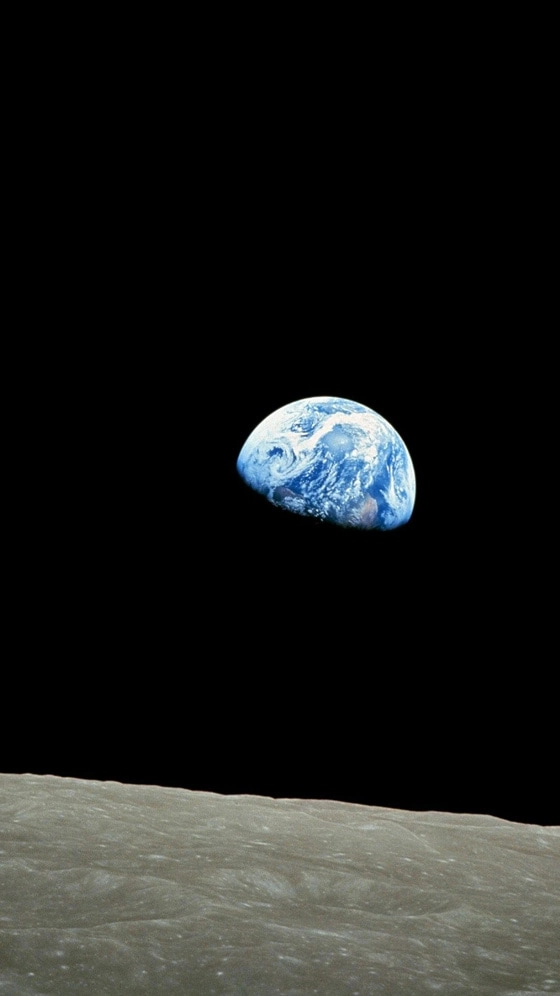The recent auction of the world’s largest Mars meteorite has ignited a heated debate over ownership and the ethical implications of extraterrestrial artifacts. Weighing in at a staggering 32,000 grams, this meteorite, known as the “Black Beauty,” is not only a scientific marvel but also a symbol of the complexities surrounding the possession of space materials. Found in the Moroccan desert, Black Beauty is believed to have originated from the Martian surface, offering invaluable insights into the planet’s geology and history. As it heads to auction, questions arise regarding the rightful ownership of such celestial bodies, particularly when considering that they originate from beyond our planet.
The auction has attracted the attention of collectors, scientists, and legal experts, all of whom have differing opinions on the matter. Some argue that because the meteorite was discovered on Earth, it falls under the jurisdiction of terrestrial law, giving the finder the right to sell it. Others contend that since the meteorite originated from Mars, it should be considered a part of the public domain, akin to cultural artifacts that should be preserved for the benefit of humanity. This dilemma underscores the ongoing struggle to establish legal frameworks governing space resources, a challenge that is becoming increasingly pertinent as private companies and nations look towards exploiting extraterrestrial materials.
Moreover, the auction raises ethical questions regarding the commercialization of scientific discoveries. Many scientists believe that such rare specimens should remain in public institutions, where they can be studied and appreciated by the wider community. The potential sale of Black Beauty to a private collector could mean that its scientific value is diminished, locked away from researchers who could glean knowledge about Mars and its potential for past life. This scenario highlights the tension between private ownership and the collective interest in advancing our understanding of the universe, a debate that is likely to intensify as more space artifacts come to light.
As the auction date approaches, stakeholders from various fields are advocating for a more comprehensive approach to the governance of space resources. The need for international agreements and ethical guidelines is becoming increasingly urgent in a rapidly evolving landscape of space exploration and commercialization. The discussion surrounding the Black Beauty meteorite serves as a critical case study, prompting a broader conversation about how humanity should approach the ownership and stewardship of objects that originate from other celestial bodies. Ultimately, the fate of this remarkable meteorite could set a precedent for future interactions with the cosmos, influencing how we value and protect our shared extraterrestrial heritage.




